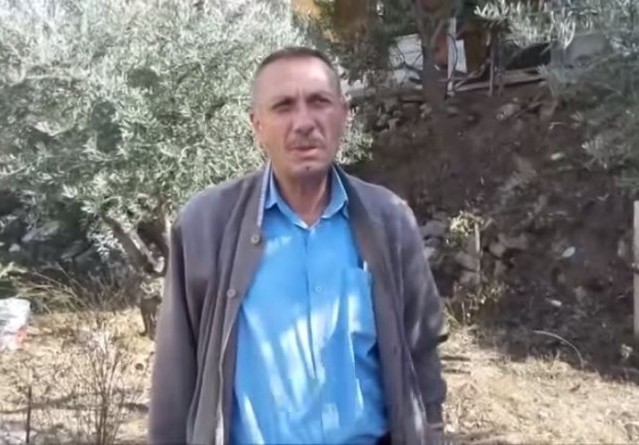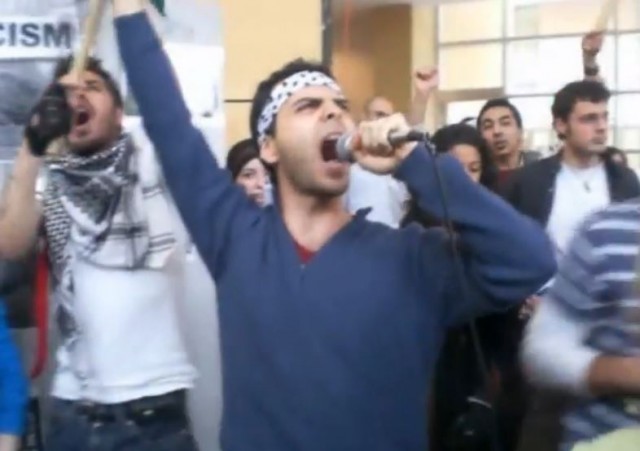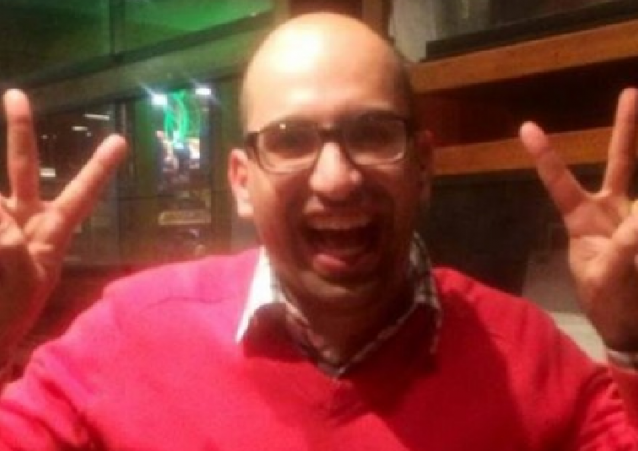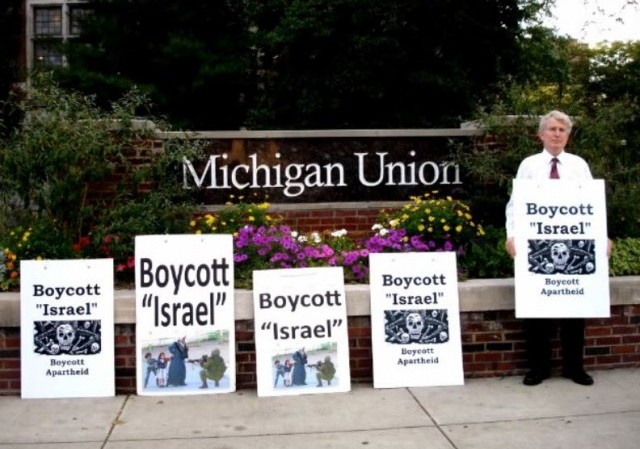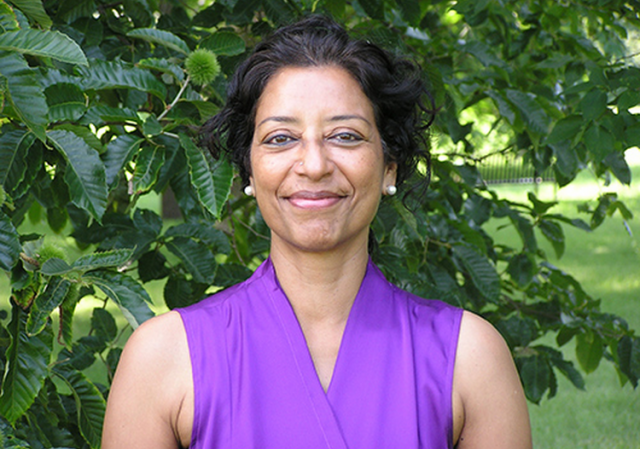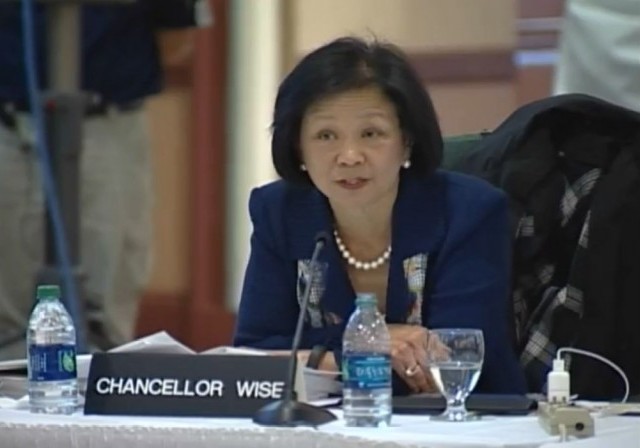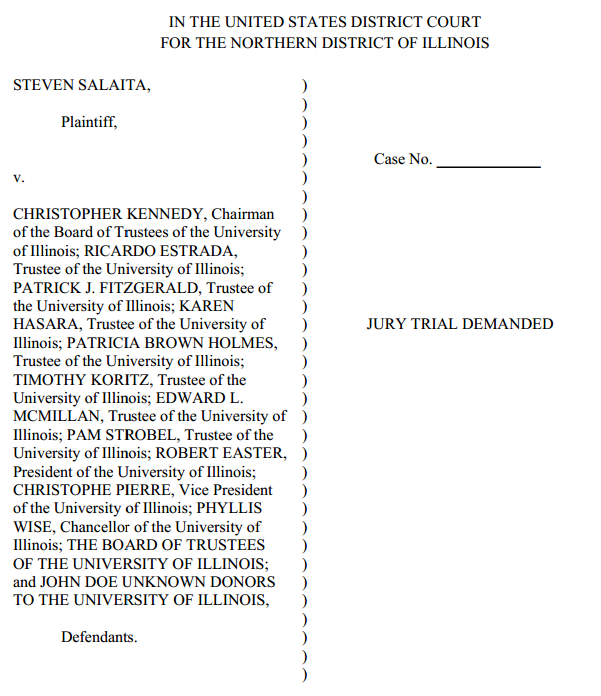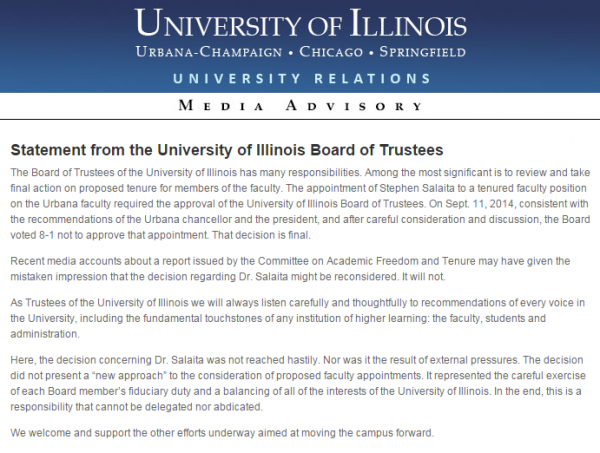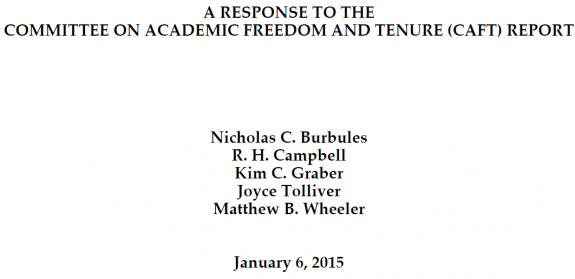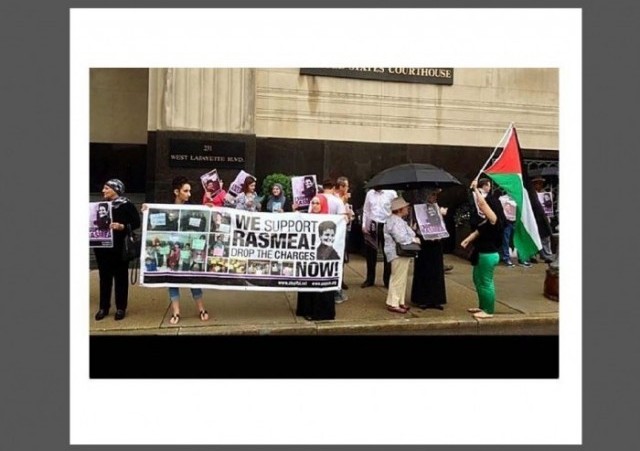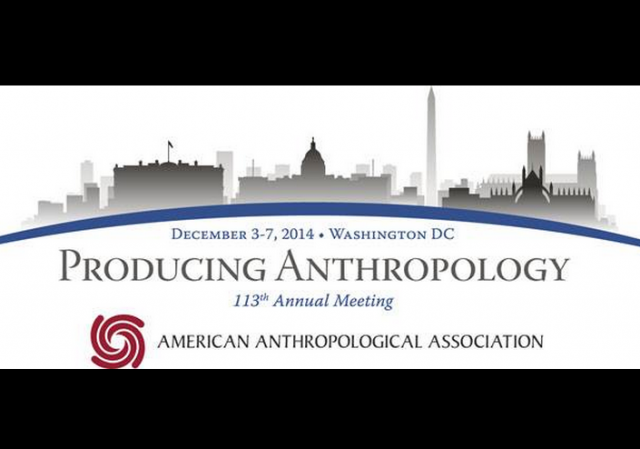Incitement – False charges of Israeli “murder” of Hashem Azzeh
on October 23, 2015
11 Comments
We have seen various levels of incitement in recent weeks, frequently involving false claims of Israeli murder of Palestinians.
Palestinian knife-attackers who are shot dead frequently are portrayed as the victim.
The most infamous example of such incitement was when Mahmoud Abbas claimed in a televised speech that a 13-year old Arab boy who stabbed a 13-year old Jewish boy was executed by Israel. In fact, the 13-year old Arab boy was alive and being treated (he was not shot, a car hit him during the attack) in an Israeli hospital; he since has been discharged. When Israel showed video of him in the hospital to dispel Abbas' lie and to try to calm the situation, Israel was accused of violating the boy's privacy (seriously).
Another incitement took place yesterday, over the death of Hashem Azzeh, a 54-year old Palestinian live in the section of Hebron (H2) which by a 1997 agreement between Israel and the Palestinian Authority is under complete Israeli security control.
Hashem is described as a "peace activist" struggling to survive with his family in the Israeli-controlled section of Hebron.
That section, as I reported from my trip to Hebron and the Cave of the Patriarchs last June, is part of what was a several-hundred year old Jewish community which was driven out during 1929 Arab riots, in which 67 Jews in Hebron were massacred.
That small section of town has been reclaimed by a few hundred Israeli Jews, causing daily strife and requiring a heavy Israeli military presence. There are tall metal sniper shields to protect people and armed soldiers almost at every corner. There have been attacks on Arabs as well as on Jews, and Hebron is one of the most difficult situations of conflict.

